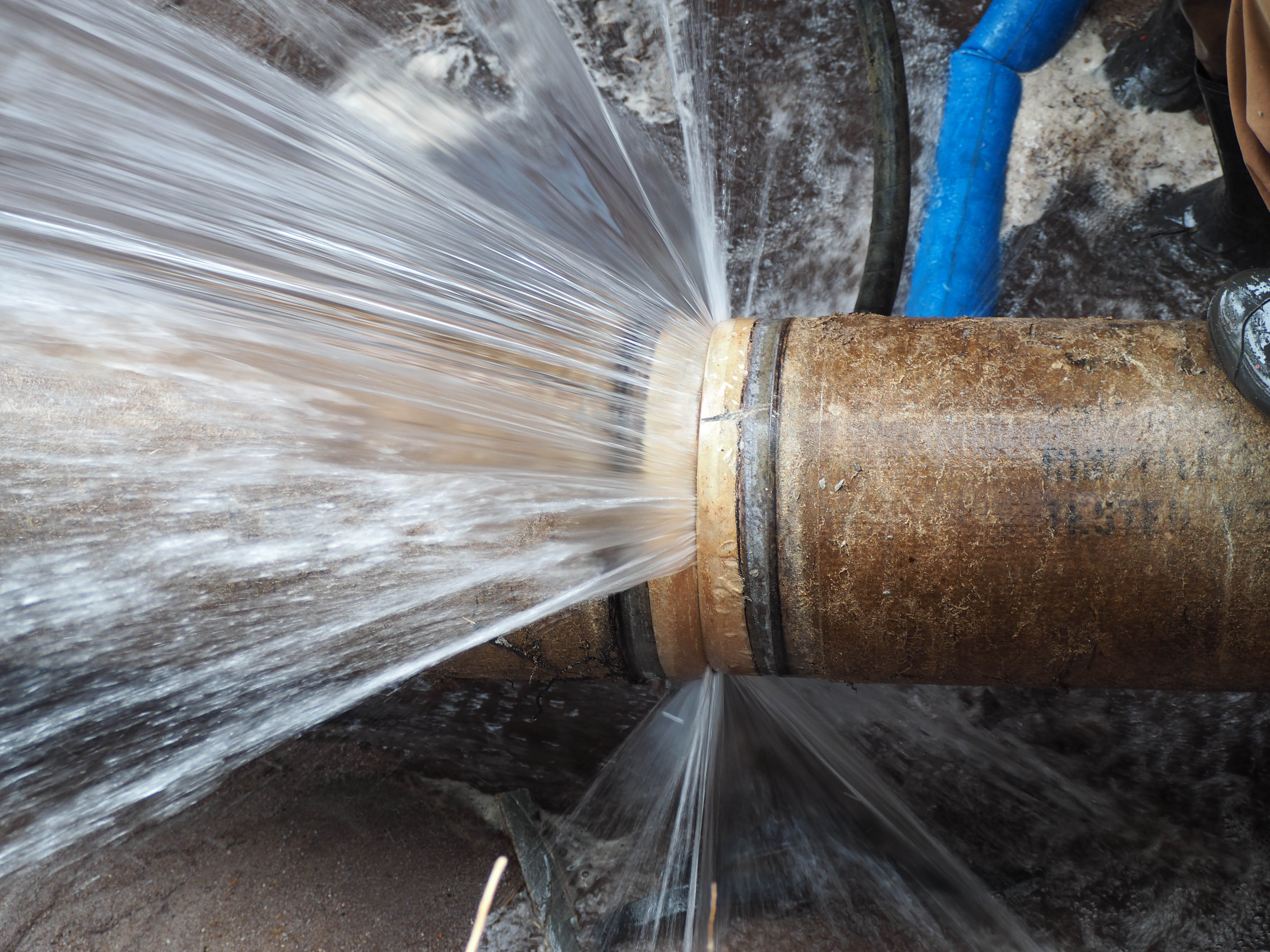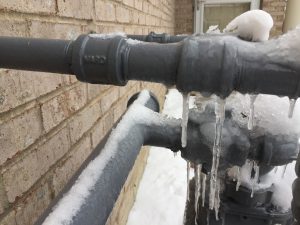We've encountered the article involving Winter Plumbing Precautions: Preventing Frozen Pipes directly below on the net and concluded it made sense to write about it with you on this page.

Cold weather can ruin your plumbing, specifically by freezing pipes. Here's how to stop it from happening and what to do if it does.
Introduction
As temperatures decrease, the threat of icy pipelines rises, potentially resulting in pricey fixings and water damage. Understanding exactly how to prevent icy pipelines is vital for property owners in cold climates.
Comprehending Frozen Pipelines
What triggers pipelines to ice up?
Pipelines ice up when revealed to temperatures listed below 32 ° F (0 ° C) for extended periods. As water inside the pipes ices up, it broadens, taxing the pipe walls and possibly causing them to rupture.
Threats and problems
Frozen pipelines can result in supply of water disturbances, building damage, and pricey repair services. Ruptured pipes can flooding homes and cause extensive structural damage.
Indications of Frozen Pipeline
Recognizing frozen pipelines early can avoid them from rupturing.
How to determine icy pipes
Seek reduced water flow from taps, uncommon odors or noises from pipelines, and noticeable frost on subjected pipelines.
Avoidance Tips
Shielding susceptible pipelines
Wrap pipes in insulation sleeves or make use of warmth tape to protect them from freezing temperatures. Focus on pipes in unheated or external areas of the home.
Home heating methods
Maintain interior rooms properly heated, especially locations with plumbing. Open cabinet doors to allow cozy air to distribute around pipelines under sinks.
Safeguarding Exterior Pipes
Garden hoses and outside faucets
Separate and drain garden tubes before winter months. Set up frost-proof faucets or cover outdoor taps with shielded caps.
What to Do If Your Pipes Freeze
Immediate activities to take
If you presume icy pipelines, keep taps open to alleviate pressure as the ice melts. Make use of a hairdryer or towels soaked in hot water to thaw pipelines slowly.
Long-Term Solutions
Structural adjustments
Take into consideration rerouting pipes away from outside wall surfaces or unheated areas. Add additional insulation to attic rooms, basements, and crawl spaces.
Upgrading insulation
Invest in premium insulation for pipes, attics, and wall surfaces. Correct insulation aids maintain regular temperature levels and minimizes the risk of frozen pipelines.
Verdict
Stopping icy pipes requires proactive measures and quick responses. By recognizing the reasons, indicators, and safety nets, homeowners can protect their plumbing during cold weather.
Helpful Tips to Prevent Frozen Pipes this Winter
UNDERSTANDING THE BASICS: WHY PIPES FREEZE AND WHY IT’S A PROBLEM
Water freezing inside pipes is common during the winter months, but understanding why pipes freeze, and the potential problems it can cause is crucial in preventing such incidents. This section will delve into the basics of why pipes freeze and the associated problems that may arise.
THE SCIENCE BEHIND FROZEN PIPES
When water reaches freezing temperatures, it undergoes a physical transformation and solidifies into ice. This expansion of water as it freezes is the primary reason pipes can burst. As the water inside the pipe freezes, it expands, creating immense pressure on the walls. If the pressure becomes too great, the pipe can crack or rupture, leading to leaks and water damage.
FACTORS THAT CONTRIBUTE TO PIPE FREEZING
Low Temperatures: Extremely cold weather, especially below freezing, increases the risk of pipes freezing. Uninsulated or Poorly Insulated Pipes: Pipes located in unheated areas, such as basements, crawl spaces, or attics, are more prone to freezing. Insufficient insulation or lack of insulation altogether exacerbates the problem. Exterior Wall Exposure: Pipes running along exterior walls are susceptible to freezing as they encounter colder temperatures outside. Lack of Heating or Temperature Regulation: Inadequate heating or inconsistent temperature control in your home can contribute to frozen pipes. PROBLEMS CAUSED BY FROZEN PIPES
- Pipe Bursting: As mentioned earlier, the expansion of water as it freezes can cause pipes to burst, resulting in significant water damage.
- Water Damage: When pipes burst, it can lead to flooding and water damage to your property, including walls, ceilings, flooring, and personal belongings.
- Structural Damage: Prolonged exposure to water from burst pipes can compromise the structural integrity of your home, leading to costly repairs.
- Mold and Mildew Growth: Excess moisture from water damage can create a favorable environment for mold and mildew growth, posing health risks to occupants.
- Disrupted Water Supply: Frozen pipes can also result in a complete or partial loss of water supply until the issue is resolved.
WHY CERTAIN PIPES ARE MORE PRONE TO FREEZING
- Location: Pipes located in unheated or poorly insulated areas, such as basements, crawl spaces, attics, or exterior walls, are at higher risk of freezing.
- Exterior Pipes: Outdoor pipes, such as those used for irrigation or exposed plumbing, are particularly vulnerable to freezing as they are directly exposed to the elements.
- Supply Lines: Pipes that carry water from the main water supply into your home, including the main water line, are critical to protect as freezing in these lines can affect your entire plumbing system.
- Underground Pipes: Pipes buried underground, such as those connected to sprinkler systems or outdoor faucets, can be susceptible to freezing if not properly insulated.
https://busybusy.com/blog/helpful-tips-to-prevent-frozen-pipes-this-winter/

Do you enjoy more info about How To Avoid Freezing Pipes? Make feedback down below. We will be happy to know your insights about this blog entry. Hoping to see you back again in the near future. Enjoyed reading our content? Please share it. Let others discover it. Kudos for your time. Revisit us soon.
Call Today